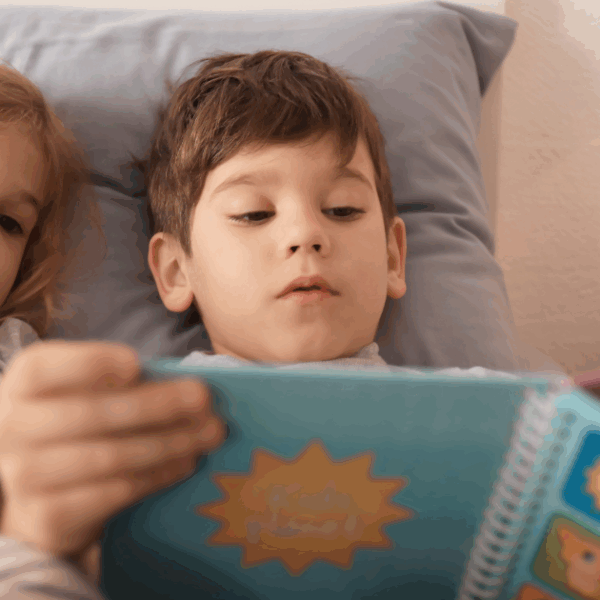Preventive action against neglect and child abuse

Preventive action against neglect and child abuse

AFST (Allegheny Family Screening Tool) from Pennsylvania-USA, and PIPPI (Intervention Program for the Prevention of Institutionalization) from Italy.
Held on June 14, 2022
Presentations were made in English, with simultaneous English-Spanish translation
In line with the goal of the Convention on the Rights of the Children to develop measures to ensure the best interests of the child, public institutions in many countries, in collaboration with NGOs and academic research groups, have designed and deployed since the late twentieth century all kinds of preventive and intervention programs to protect the rights of children in highly vulnerable family contexts.
The most advanced programs have focused on the early detection and preventive action of situations of neglect or abuse, in order to reduce the institutionalization of minors and prevent children from having to be removed from their families.
In this Innobreak we presented two pioneering experiences in this field, from USA and Italy.
- AFST (Allegheny Family Screening Tool), Pennsylvania, USA, an algorithm based on big data analysis and artificial intelligence that provides social service professionals with an objective assessment of situations of risk of child neglect, helping so in case detection and decision making to activate preventive and social intervention protocols. The algorithm calculates the risk index by analyzing more than a hundred parameters and allows great accuracy in case detection, to the point that some studies claim that it is a less biased detection tool than human assessment.
- PIPPI (Program of Intervention for the Prevention of Institutionalization), Italy, an intensive and multidisciplinary program of intervention in vulnerable families extended today throughout the country that, in addition to offering a tool for the evaluation and case assessment, articulates a set of combined actions in relation to the needs of children: intensive home care, group activities with other parents, support by volunteer families, and joint work with teachers and social workers in schools and social services. The evaluation report for the seventh edition of the 2018-2020 program has provided evidence of the good results obtained in reducing the number of children withdrawn from their families.
Speakers:
- Julia Reuben and Rhema Vaithianathan, AFST (Allegheny County, EEUU)
- Marco Ius, PIPPI (University of Trieste, Italy)
Supported by

Innobreaks






